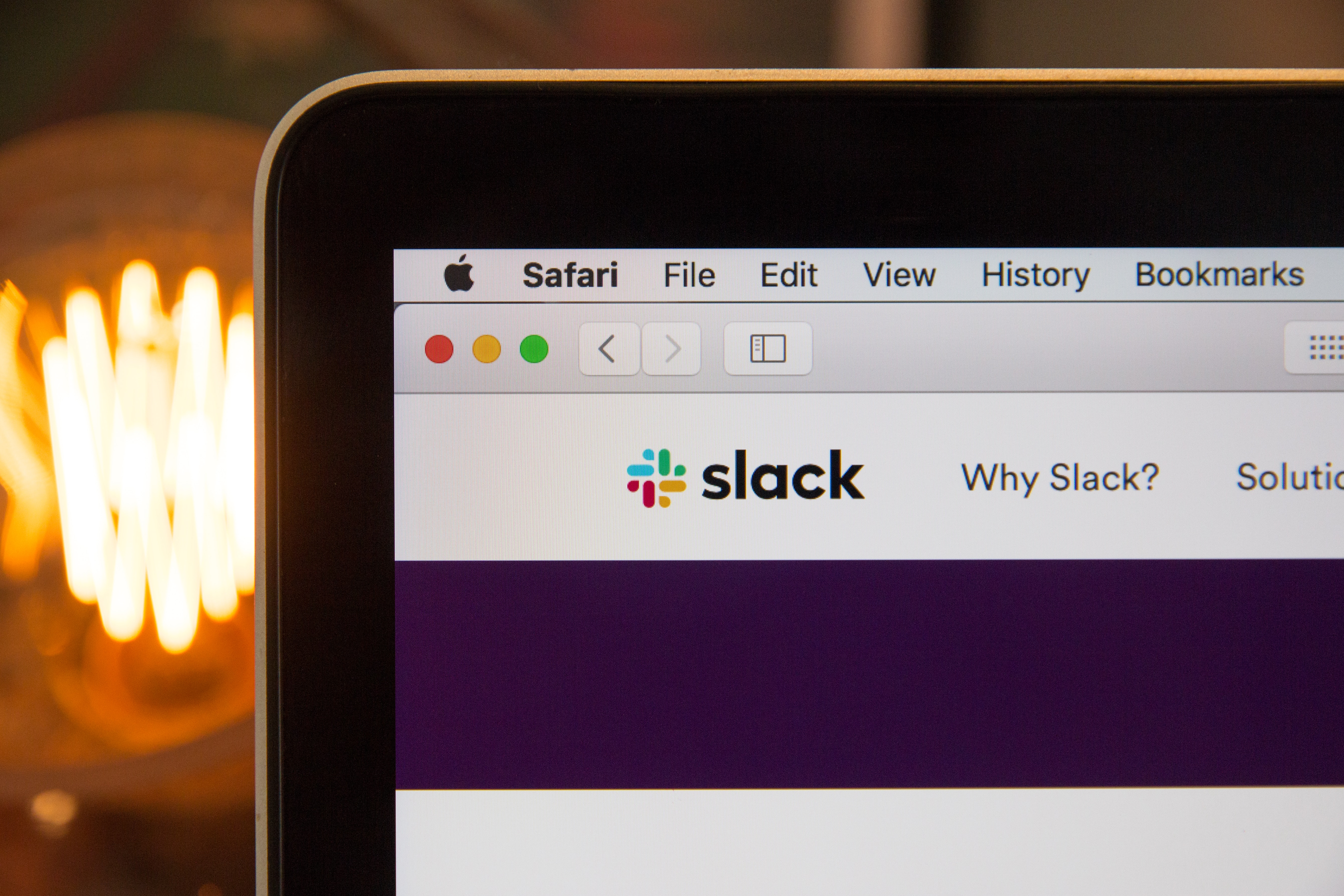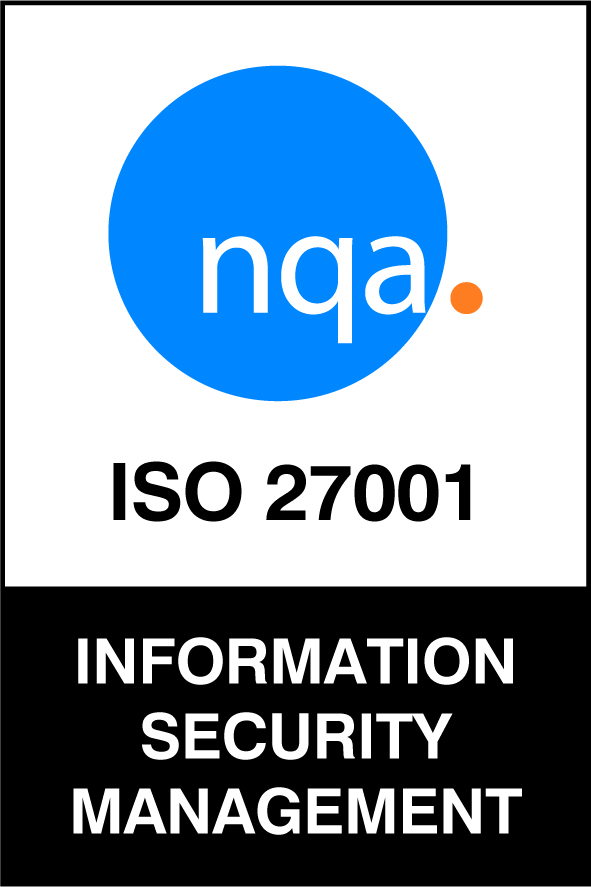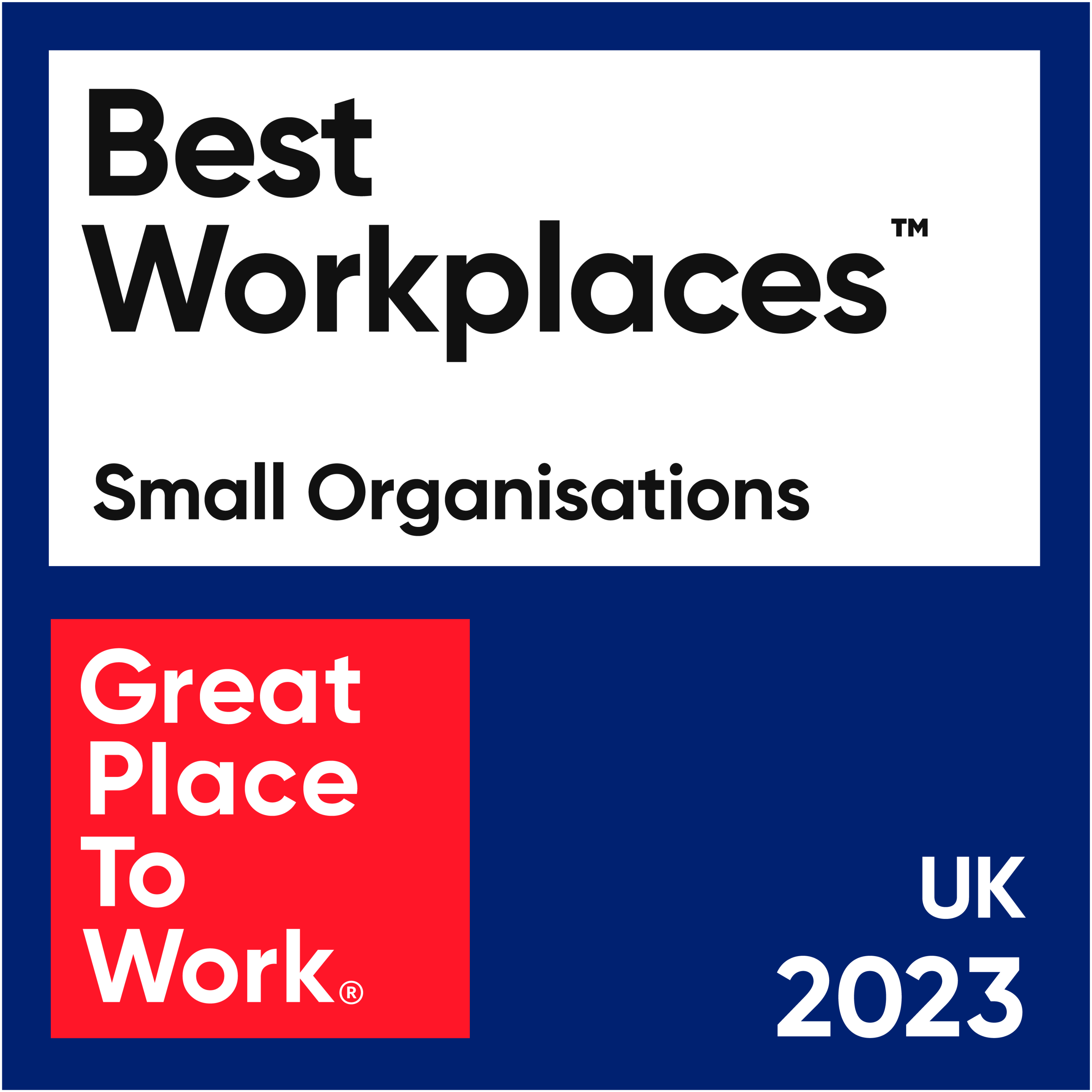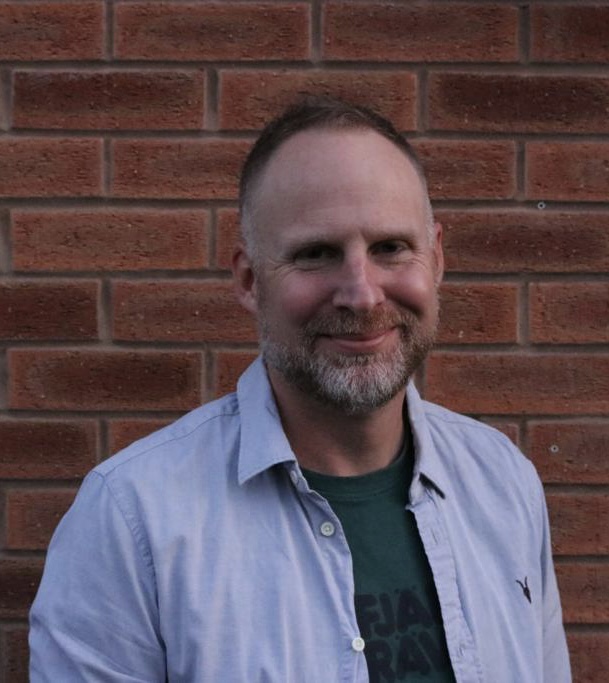How to attract and retain product talent with Jess McKenna, Etc.
Attracting and retaining talented employees into product teams has become a challenge for organisations of all sizes.
Recently, we chatted to Jess McKenna, Head of Product Design at Etc., a new arm of BT, about the challenges of keeping brilliant product people.
Etc. is a “startup from within” BT, allowing them the agility to work as a startup, but with the support of their umbrella company, BT. BT Group's wide-ranging influence allows them to team up with up-and-coming startups in exciting new fields. Together, they're crafting products that are ahead of the curve. They use agile methods and startup know-how to make it happen.
Jess and I discussed how to create a thriving digital product team environment that supports employee engagement, passion, and retention. Here’s her advice.
Mission and values
We started by talking about how a company’s mission and values should inform their employer value proposition (EVP), playing an important role in attracting and retaining staff.
Findings from Qualtrics show that when a company’s mission, vision and values align with employees, 70% of employees are likely to recommend their employer and are more engaged with their work. Essentially, when a company knows and communicates where it's heading and what it stands for, it becomes a place where people want to work.
“It really helps when you are trying to attract people,” says Jess, “being able to tell them that they are going to be a part of something, and we’ve got a mission, and they know what they are going to be working towards.”
This is true for Jess in Etc. She explained that she thinks “that motivating purpose, and the mission, really helps people feel like they're part of something bigger” and everyone knows to align together under that mission.
A startup mentality
As a startup within a large organisation like BT, we spoke about how Etc. can make their EVP stand out, above the noise of what it is like to work for a big corporation.
And working as a startup in a large company is an EVP in itself for Etc. “I think people want more stability these days, but they also want the excitement of being part of that small group that are all working really hard towards something.” Knowing they are working for a stable, large corporation like BT, but being able to take on the mentality of a startup is a big selling point for many members of the team.
And with being a startup, Jess says that they are able to take a “do and then ask a bit later” stance; “Not for forgiveness, I won't say that we're breaking rules,” Jess continues, “but there is less red tape hierarchy.” And with less red tape, comes more freedom in the products and services they can produce - a real draw when it comes to attracting and retaining talent.
The role of benefits
When employees live by the shared values and mission, and have bought into the startup mentality, it creates a positive and supportive atmosphere that keeps everyone engaged and motivated - without necessarily the need for extra benefits outside of the norm - things like maternity, paternity and sick pay.
When it comes to specific perks and benefits, Jess explained that while they can initially attract employees, they're not the primary reasons why people stay, particularly in her product team.
One startup I know had a gym in the office, and it had free food, and had employee perks programmes. I don't know if that's necessarily the main thing that would attract people as much - it might do in the first instance - but I think getting people to stay with you, they need to feel part of something. And definitely from a product, design, research perspective, like they're actually contributing and building something and adding something to the world.
Without a solid underlying mission, a positive workplace culture, and shared values, these material incentives can feel superficial and disconnected from employees' deeper sense of purpose and belonging in the team.
This sentiment of mission over benefits for retention is also underpinned by Forbes, who explained that “workers who fit a purpose-oriented profile — driven by meaning and fulfilment, not money and status — were 54% more likely to stay with a company for more than five years, and 30% more likely to be high performers.”

Recruiting & onboarding
If the main incentive for attracting and retaining talent in a product team is purpose and belonging, how do you get that message across to those looking to join your team?
Jess is really attuned to the importance that recruitment and onboarding plays in introducing new hires to a company's mission, values and EVP. She talked me through what they do at Etc. to make sure that everyone is aligned from the very beginning of their interactions with the company.
"I think during the recruitment, and I know that other hiring managers do this as well, I always talk through what our mission is. And then when that person starts, we make sure that they speak to every person in the business, and then we reiterate on the mission and purpose again - really trying to engage them in what we're trying to achieve."
And as remote work becomes more common, she says their efforts to facilitate connections among team members start from day one, to create a sense of community and support retention once they are part of the product team.
“New starters creating relationships or connections with people in that first week is vital. Having a buddy is really good in helping people create friendships. In the office, you would just go in and you would meet everyone straight away. It's quite different now with remote working.”
Attracting and retaining talent in a product team hinges on getting across the message of purpose and belonging from day one.
If you're struggling with onboarding into product teams, take a look at our Employee Onboarding webinar - designed to help you nail the onboarding process for everyone who joins the business.
Beyond the first week
And what about the people that have been in a team for longer? How do you keep that vision, mission, purpose in front of their mind and keep people galvanised? Jess knows that maintaining a purpose-driven culture requires ongoing efforts.
At Etc., they have a number of ways to do that including “regular check-ins”, “weekly pulse surveys”, and a “‘kudos channel on Slack” where they announce achievements to get recognition for that work that everyone's been working together towards.
Recognising achievements may seem small, but it goes beyond simple praise; it supports a positive work culture, enhances motivation, and contributes to the overall well-being of team members.
And Jess thinks this is key to team retention because it’s “a really nice thing to just recognise the peers and share that excitement that we've got. I think in product teams, it's a lot about how we work together as a team, and creating that unity bond is really important.”

The trick to attracting & retaining
My chat with Jess reminds me that whether you're a startup like Etc. or a big player like BT, mission, values and EVP really gives people a reason to rally.
And the trick to finding and keeping this talent onboard? It's not about perks – it's about belonging and impact. When everyone's in sync with the values and excited about what they're building, that's what sticks.
In a discipline like digital product, where everyone's searching for the secret to keeping top talent, Jess's insights show us that it’s all about shared purpose and strong bonds. And she knows it’s not easy, but it seems to be working. “I think it's hard to do, but we've been here 18 months, so we'll see!”
You can read our full transcript with Jess below.
Transcript:
Glen
In this panel session, we are chatting to Jess McKenna. Jess is Head of Product Design at etc, which is a technology startup within BT. Hi Jess, and thank you so much for joining us.
Jess
Hi, thanks so much for having me. Really excited to get started.
Glen
So let’s get started! Once an EVP is defined, what is your overall experience of how important the company's mission and values is in attracting and retaining staff, especially in a product team?
Jess
I think it's really, really paramount. I think it's different from a startup than it is in a bigger organisation.
But as long as you have the overarching mission - obviously at BT Group we have our overarching mission which is ‘connective good’ - but Etc, we have one, and then our Etc Health, we all have an individual mission and a purpose as well.
That motivating purpose, and the mission, really helps people feel like they're part of something bigger. It also helps when you are trying to attract people, being able to tell them that they're going to be part of something, and we've got a mission and they know what they're gonna be working towards.
I think providing the focus is really important for people so they know what they need to achieve.
We have our vision and we have quarterly OKRs, so that everyone knows that they're kind of aligning together under the mission. We check in with people and then we look at group unity as well, so, how can we bring people together and get them engaging?
Then our last part is attention to individuals, so 1-to-1s, development plans as well, and that should all tie back up to the overarching mission or vision or whatever you're trying to achieve with the business or even just within your own team.
Glen
You mentioned there was a key distinction between the startup and the larger corporate, which I can see the linkage there. Absolutely, because you have to trade more so on that vision and purpose at a startup level. So let’s bring it down a level from there.
You’ve obviously got the aspirational side, which is the vision, mission, purpose. People buy into that. But then what about the tertiary aspects - so the role of benefits and perks, what sort of role do you see them playing in attracting and retaining staff for your product team?
Jess
I think it's a hard one. I think a lot of companies now, I mean a lot of startups, they have gym memberships. One startup I know actually had a gym in the office and it had free food, and had good perks like discounts through the employee perks programmes and things like that. But I think most people expect them as a standard these days.
I don't know if that's necessarily the main thing that would attract people as much - it might do in the first instance, the initial reward - but I think getting people to stay with you and retain, they need to feel, just my personal opinion, they need to feel part of something.
And definitely from a product, design, research perspective, like they're actually contributing and building something and maybe adding something to the world, in that more holistic view.
So I think they definitely add something, but I don't know if that's the sole reason why someone would make the decision to join your team or business.
Glen
That's interesting. So really what you're landing on there is that purpose-driven approach is what's really fueling sort of people in terms of their drive to want to join, but also stay with the organisation.
So if we talk about the joining aspect then - how do you bring that to life? The purpose, the vision, the mission when you are looking at, not just recruitment, because people will be looking at Etc for a particular reason, as a startup venture within BT, but also onboarding as well.
So how do you get that message out there, through the recruitment and as people actually start their role within the business and make it consistent?
Jess
I think onboarding is so important. The first few weeks that someone lands is really key. I think that's hard, much harder in a bigger business than it is in a startup as well.
But I think during the recruitment, personally, and I know that other hiring managers, we always talk through what we're doing, what our mission is, so that someone really knows that.
And then when that person first starts, we usually map out their first week and make sure that they speak to every person in the business and then we reiterate on the mission and the purpose again, through slides or demos of the product, or really trying to engage them in what we're trying to achieve.
I think also new starters creating relationships or connections with people in that first week. So maybe having a buddy is really good in helping people create friendships. And I think that's even more important now that a lot of people are remote. In the office, you would just go in and you would meet everyone straight away. It's quite different now with remote working.
Glen
We talked there about how you build on that EVP to influence the recruitment and that person's entry into the business, but what about the people that are attuned to that, but they've been here for a year or year and a half, two years.
How do you keep that sort of vision, mission, purpose, front of their mind and sort of galvanising people consistently?
Jess
Yeah, hard! At the end of every OKR, we have a team day. We do a half day somewhere, and the last one we actually did, we'd set like a whole new vision - we did this like North Star strategy and we did a pitch day - a bit like Dragon's Den style.
It aligned everyone to the pitch, but it was also like a working day. And then we had different groups of people working together.
So we had engineers come up, which mostly they're remote. We had about 30 people in the room, and then they did a pitch. But it was really good to connect people.
We keep on track of it - we do like a weekly pulse survey every week, which is the smiley faces. It’s just like a ‘how's your week gone?’ Keeping really close track on that to see the pulse of the team and what sentiments are coming back.
Is it a heavy workload or lots of meetings? Sometimes towards the end of the quarter it can really ramp up. So we try and make sure that we're balancing out people's meetings and if things are flagging up, then they're being addressed in people's 1-to-1s.
We also have kudos as well - we just introduced a kudos channel on Slack about six weeks ago now - and actually it's been great. We remind everyone at the end of every week, along with the pulse, if you want to give your teammates some kudos, share that, and then that populates in the channel.
And I think that's a really nice thing to just recognize the peers and create that achievement and excitement that we've got.
And then we announce a lot of achievements, especially with products, when we do a big release and everyone's worked really hard towards that, we try to announce that on Slack to get some of the recognition for that work that everyone's been working together towards.
I think product teams, it's a lot about how we work together as a team, and creating that unity bond, I think, is really important. Just from my perspective though!
Glen
And I'll ask you one final question because obviously you are in a unique situation within the umbrella organisation of BT. So, you've got your employer value proposition, but then you've got the benefit of working in the product design team at Etc, within a larger group.
How do you get your proposition for the team through to the wider organisational message of this is what it's like to work at BT, but this is what it's like to work at Etc. How do you get that through?
Jess
Tom Guy, our (Etc) MD, he does a great job, does like lots of promotion within Etc.
We invite a lot of people in, so we do the floor walks as well. So he does that with a lot of Senior managers, or senior people in the business, which is really great. And we run a lot of events, like talks.
So we are talking about, as much as we can, exposing what we're doing within Etc, and the ways in which we're working as well. I think we are lucky in one way that we can be slightly different, and we are allowed to be different, which has been quite helpful in a large organisation, like BT.
But I think, particularly when you’ve been brought in because you have that startup mentality, that you just do and then ask a bit later! Not for forgiveness, I won't say that we're breaking rules, but there is less red tape hierarchy.
Glen
Yeah, I guess that's part of the proposition as well, isn't it?
Jess
Yeah, definitely. I think people love the startup mentality, even though when you've been part of it, the instability of it can be quite daunting - things like constant investment, and how you are attached to a board and things like that.
So I think people want more stability these days, but they also want the excitement of being part of that small group that are all working really hard towards something, and trying to create that in a larger corporate, it's quite hard. I think it's hard to do, and potentially to sustain, but we've been here 18 months, so we'll see!


built by: huzzah!

